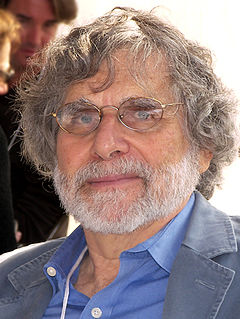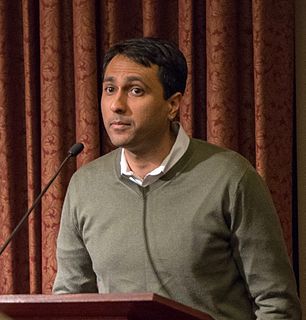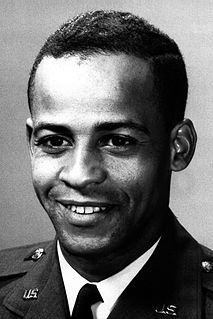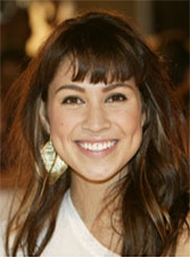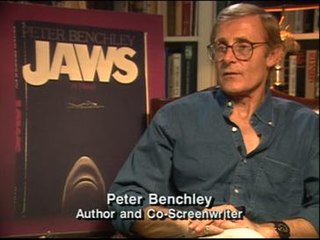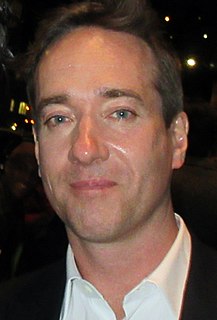A Quote by Alan Cheuse
We want a world with both historians and novelists, don't we? Not with one or the other. Every fiction writer crosses the line that divides artistry and documentation - or erases it.
Quote Topics
Related Quotes
Too many people think that the faith line divides Muslims and Christians or Jews and Hindus, or just to say that there is this clash of civilizations and people from different religions are inevitably against each other, inherently opposed to each other. I don't believe that for a second. I think the faith line divides totalitarians and pluralists, which is to say that totalitarians from different religious backgrounds.
No one can teach writing, but classes may stimulate the urge to write. If you are born a writer, you will inevitably and helplessly write. A born writer has self-knowledge. Read, read, read. And if you are a fiction writer, don't confine yourself to reading fiction. Every writer is first a wide reader.
There's a certain grain of stupidity that the writer of fiction can hardly do without, and this is the quality of having to stare, of not getting the point at once. The longer you look at one object, the more of the world you see in it; and it's well to remember that the serious fiction writer always writes about the whole world.
No one can teach writing, but classes may stimulate the urge to write. If you are born a writer, you will inevitably and helplessly write. A born writer has self-knowledge. Read, read, read. And if you are a fiction writer, dont confine yourself to reading fiction. Every writer is first a wide reader.
Comedy is like fictional charm. It's the charm of fiction. Or the charisma of fiction. When you meet somebody who's immediately charismatic, you're attracted to that person. And in fiction it's got to come out in either one of two ways: in the prose itself, and you're hooked immediately because you never want to leave such a colorful and penetrating world. Or, it's simply being a funny writer.
